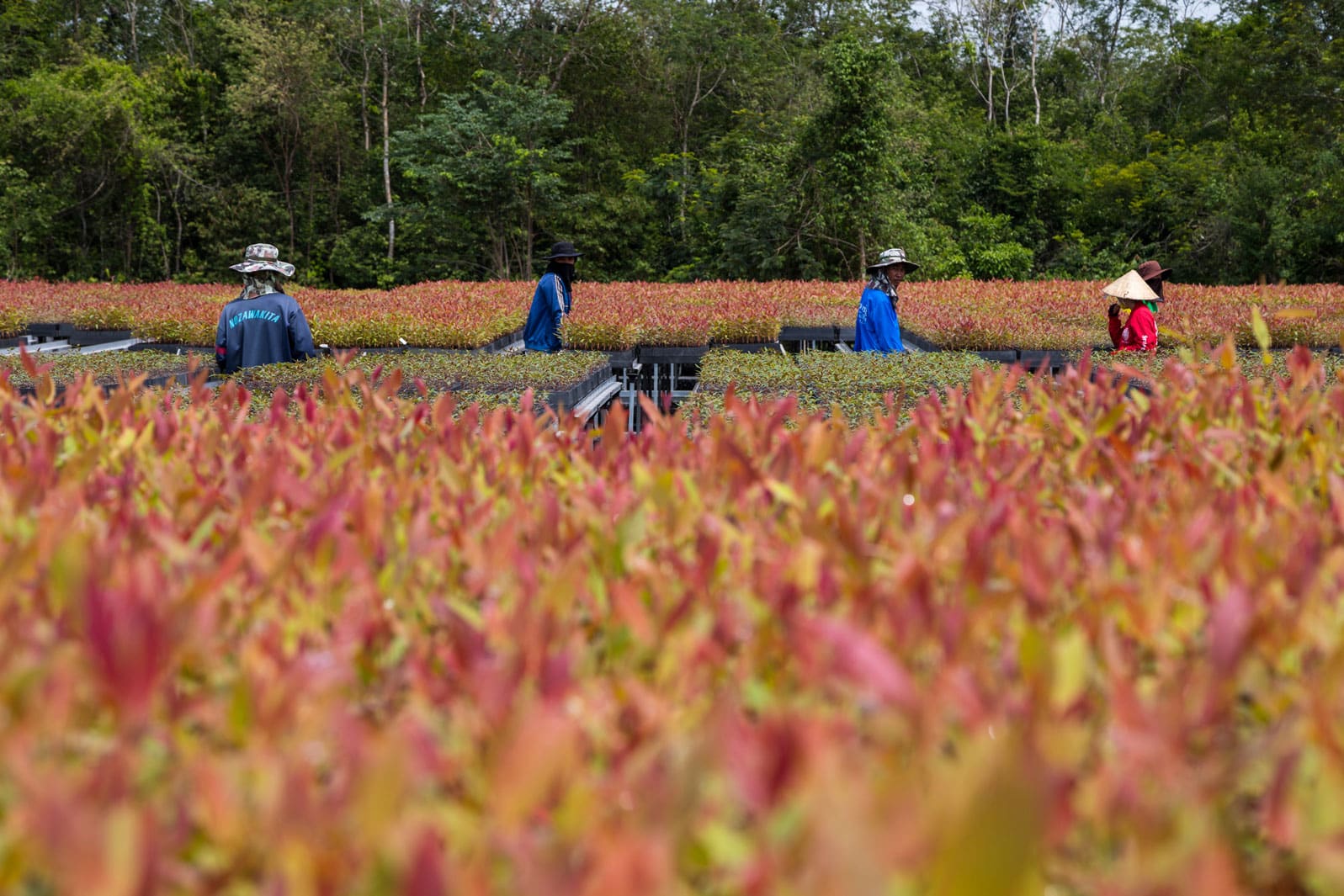Regional profile: Investing in sustainable forestry in Southeast Asia
Responsibly managed Southeast Asian plantation forestry has the potential to offer attractive returns due to strong regional and international demand for timber products, competitive cost structures and carbon market opportunities. Integrating plantations into sustainably managed landscapes can also lead to climate change mitigation through forest protection, restoration, and biodiversity enhancement.
Further, focusing on sustainable development outcomes creates economic opportunities for local communities.
Investment opportunity – rising Asian timber demand
The Asian region has both the world’s fastest growing demand for wood products and an increasing timber deficit. China has grown in importance as both a consumer and producer of forest products, overtaking traditional timber production regions such as Canada and the United States. Chinese demand continues to grow for hardwood and softwood logs, woodchips, plywood, lumber, wooden furniture, pulp, paper and wood pellets for fuel. Other rapidly growing economies in Asia also contribute to timber demand growth:
- India is the world’s largest market for teak;
- Malaysia and Vietnam have substantial export-oriented furniture manufacturing industries; and
- Indonesia has burgeoning domestic consumption as well as its own export-oriented furniture industry.
Despite growing demand for timber, the development of commercial plantations for high value uses has lagged in Southeast Asia versus other regions such as South America (see Figure 2). Total plantation area in key forestry countries – Malaysia, Indonesia, Vietnam, Cambodia, Laos and Thailand – is estimated at only five to six million hectares. To date, plantation development has focused on short rotation, low value crops for the pulp and paper industry.
New Forests believes these plantations can transition to higher value species over time. Southeast Asia’s share of timber production is expected to rise from 39% in 2013 to 62% of world plantation production by 2050.



